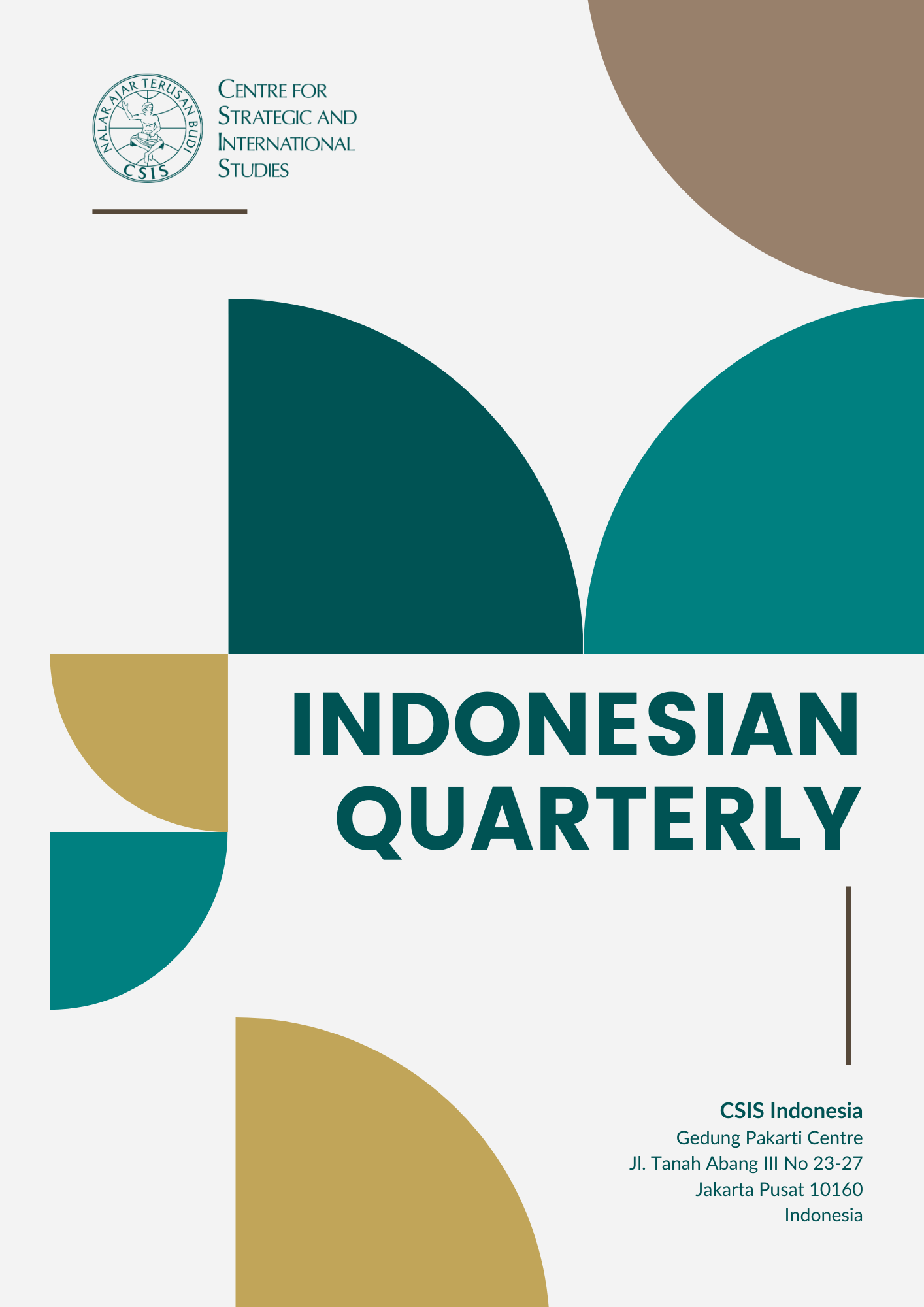Abstrak
This paper examines the United States' pivot strategy in Asia in light ofrecent
developments in the Middle East. More specifically, it discusses the growing
perceptions in East Asia about U.S. "pivoting back" to the Middle East, less
than two years after it declared that it would "pivot" to East Asia. The paper
also looks at the strategic implications of regional concerns about America's
declining commitment to East Asia for the international politics of East Asia.
It argues that while recent events in the Middle East, and America's response,
might have heightened East Asia's concerns about America's staying power
and the sustainability of "pivot to Asia," it is still too early to assume that the
"pivot back" to the Middle East would mean that Washington might once
again "ignore" East Asia.
